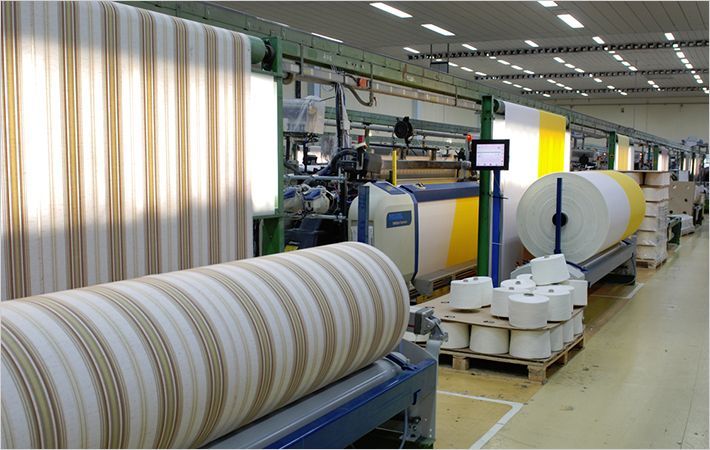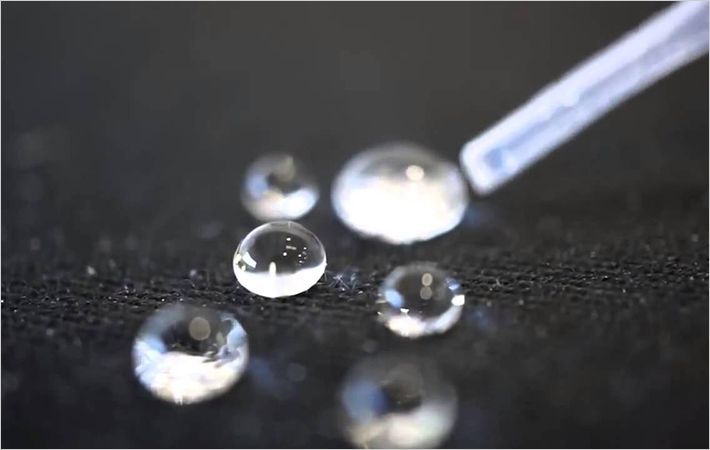The Procter & Gamble Company (P&G) announced new fiber sourcing goals for the pulp it purchases for its tissue-towel, baby care, and feminine hygiene brands. These new goals help deliver progress toward P&G's long-term environmental sustainability vision, which includes having all products and packaging made from 100% sustainably sourced renewable or recycled materials.
The goals commit that by 2015: The Procter & Gamble Company (P&G) announced new fiber sourcing goals for the pulp it purchases for its tissue-towel, baby care, and feminine hygiene brands. These new goals help deliver progress #
All of the pulp used in P&G's tissue-towel, baby care, and feminine hygiene products will be third-party certified under one of the following five certification programs used in different parts of the world to promote responsible forestry: Forest Stewardship Council (FSC), which P&G will continue to preference; Programme for the Endorsement of Forest Certification Systems (PEFC); Sustainable Forestry Initiative (SFI); Brazilian National Forestry Certification Scheme (CERFLOR); Canada's National Standard for Sustainable Forest Management (CSA-SFM).
At least 40% of the pulp used in P&G's tissue-towel products will be Forest Stewardship Council (FSC) certified.
“We believe that partnering is essential to deliver our long-term sustainability vision,” said Len Sauers, Vice President of Global Sustainability at P&G. “World Wildlife Fund is an invaluable partner, as they have challenged us and collaborated to work through the complexities of achieving third party-certification for our pulp. We are very proud of this commitment, and we are confident we have the plans in place to deliver the goals by 2015.”
“While we don't own or manage forests, we recognize the responsibility and opportunity P&G has to use our pulp procurement decisions to promote responsible management of the world's forest resources,” said Stefano Zenezini, Vice-President of Product Supply.
In 2006, P&G began requiring certification from all suppliers managing forests. In 2008, P&G joined WWF's Global Forest & Trade Network program, which assists companies with sourcing more of their wood and paper products from responsibly managed forests. As part of this WWF collaboration, P&G has engaged more closely with suppliers to encourage FSC certification, and established a baseline from which to set these targets.
“We applaud P&G's commitment to responsible forestry, and its decision to publicize these robust goals around FSC certification,” said Linda Walker, WWF's GFTN-NA Program Manager. “With increasing pressure on the world's natural forest to meet the growing global demand for wood and agricultural products, P&G's actions serve as an example that we would like to see from many more companies.”
These goals also reflect P&G's commitment as a member of the Consumer Goods Forum, a group of global companies that are committed to ensuring zero net deforestation by 2020.
Details on this commitment and P&G's overall environmental efforts will be published in the Company's Sustainability Report on November 12th. P&G will also provide updates on progress toward the goal in future annual sustainability reports.
The Procter & Gamble Company

